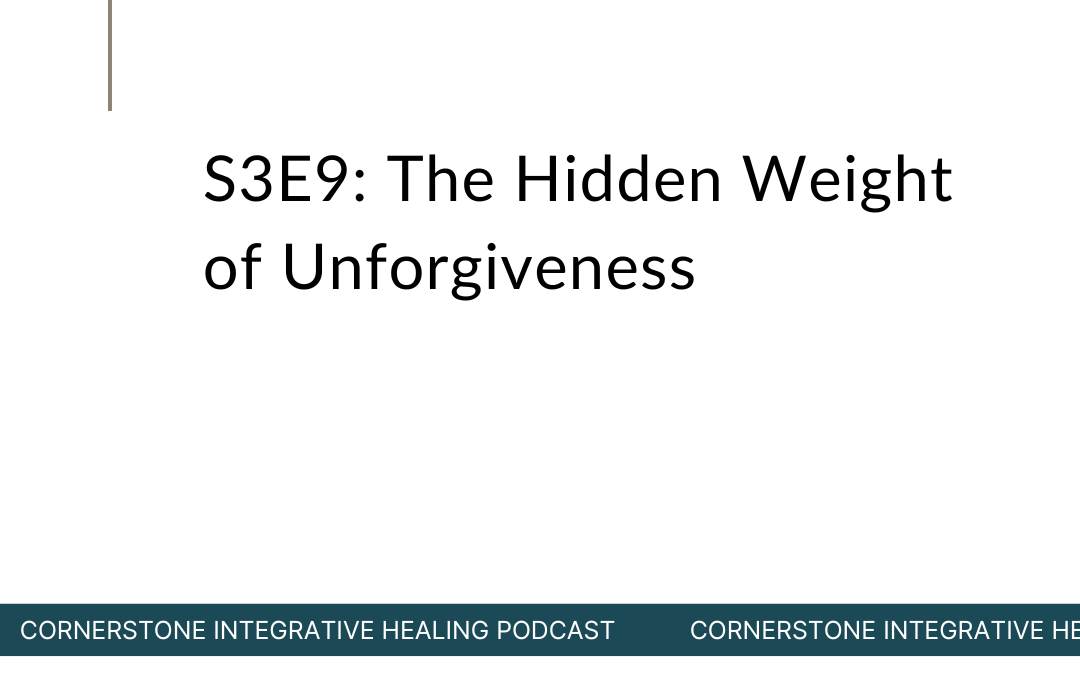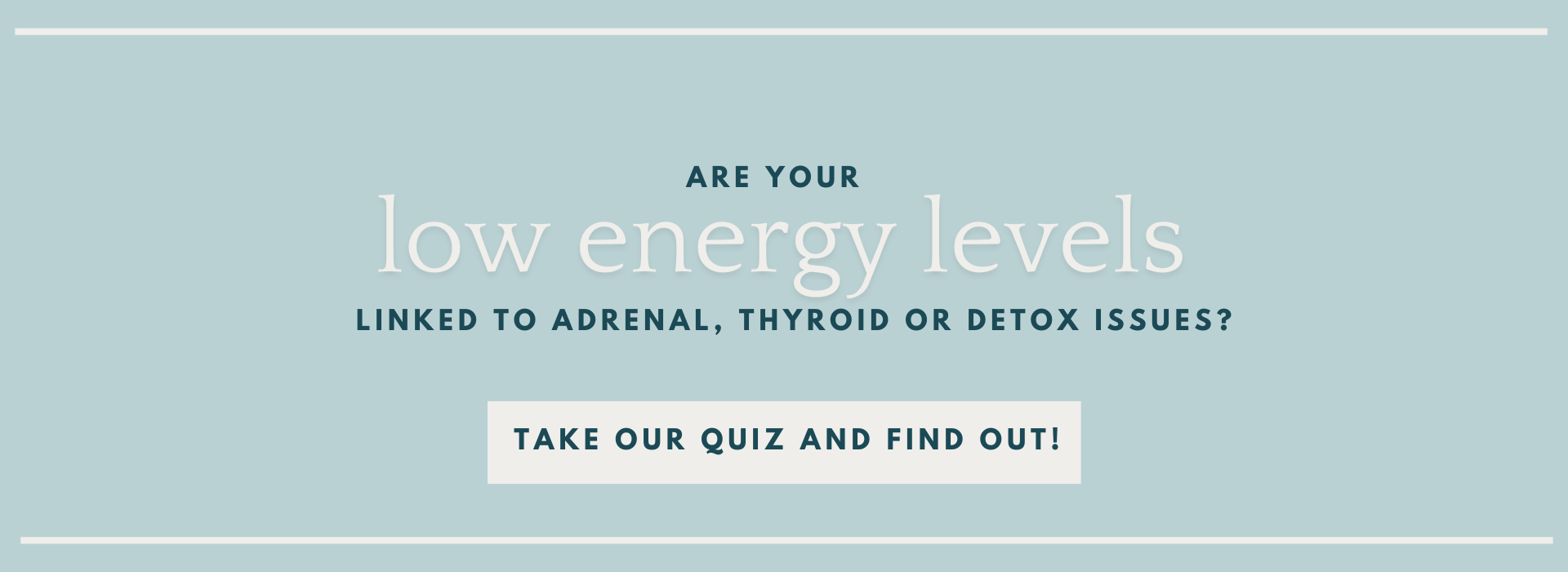Forgiveness—it’s a word we hear often, but when we’ve been deeply hurt, it can feel like an impossible task. How do you forgive when the pain still lingers? Why should you let go when the other person doesn’t even seem sorry? Father Joshua offers a powerful perspective that shifts the way we approach forgiveness, reminding us that it’s not about excusing what happened—it’s about freeing ourselves from the weight of it.
“Forgiveness is not about forgetting,” he shares. “It’s about releasing the grip that pain has on your heart.” So often, we hold onto resentment, thinking it protects us. But in reality, it keeps us trapped. It’s like carrying a heavy chain around our hearts, one that only we have the key to unlock. When we refuse to forgive, we relive the hurt over and over again, allowing it to shape our thoughts, our emotions, and even our future.
Do you struggle with fatigue? Take our quiz and find out where your low energy may be coming from!
But forgiveness doesn’t mean denying what happened or pretending the pain isn’t real. Instead, it’s about trusting that God can bring healing, even in the most broken places. Father Joshua encourages us to shift our focus from what was done to us, to what God can do through us.
“The moment we choose forgiveness, we open the door to peace,” he says. “It’s not always easy, but it’s always worth it.”
So, how do we start? First, by acknowledging the hurt. Then, by surrendering it to God, one step at a time. Forgiveness is a process, and it’s okay if it doesn’t happen overnight. But when we choose to let go, we step into true freedom—one that is no longer defined by past wounds, but by God’s grace.


